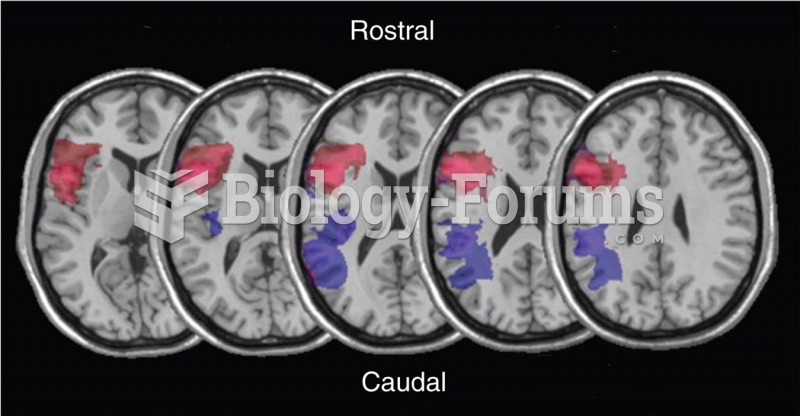|
|
|
Did you know?
There are 20 feet of blood vessels in each square inch of human skin.
Did you know?
Human kidneys will clean about 1 million gallons of blood in an average lifetime.
Did you know?
When blood is deoxygenated and flowing back to the heart through the veins, it is dark reddish-blue in color. Blood in the arteries that is oxygenated and flowing out to the body is bright red. Whereas arterial blood comes out in spurts, venous blood flows.
Did you know?
Vaccines prevent between 2.5 and 4 million deaths every year.
Did you know?
The FDA recognizes 118 routes of administration.







